Helicobacter pylori is a bacterium commonly found in the stomach. It grows there and infects the gastric mucosa, thanks to its ability to survive in an acidic and hostile environment.
While the causes are not fully established, its spread is thought to come from poorly washed food or contaminated water.
Although often asymptomatic, the presence of Helicobacter pylori can cause intestinal disorders, vomiting, gastritis, acid reflux, or even an ulcer.
To combat this bacterium, the use of a triple antibiotic therapy is often recommended — namely taking two antibiotics with an antacid of the PPI type (proton pump inhibitor).
To support the elimination of Helicobacter pylori and the effectiveness of treatment, and to prevent and alleviate symptoms, certain natural remedies can help you as complementary measures.
Note: These natural tips are not officially validated by the scientific community. I recommend that you make an appointment with a healthcare professional for any suspected infection in order to set up a treatment appropriate to your situation.
1. Probiotics
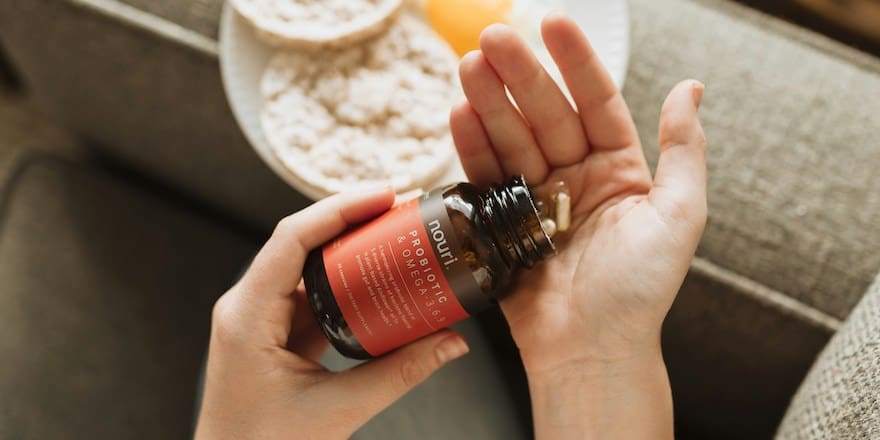
If you may know them to help fight everyday bloating and daily intestinal discomfort, probiotics have also been studied many times in the context of a Helicobacter pylori infection.
According to this review, taking probiotics could be beneficial in limiting the harmful effects of Helicobacter pylori. But also those caused by antibiotics.
However, depending on the antibiotic treatment, individual variability, and the dose of probiotics consumed, probiotics may have a limited effectiveness.
I think it is really necessary to conduct additional studies in order to determine more precisely the optimal dose. And the best synergies of probiotic strains that will yield the best results.
📚 Read also | Géraldine Dubois, physician and nutrition expert, selected the 4 best probiotics
2. Red berries
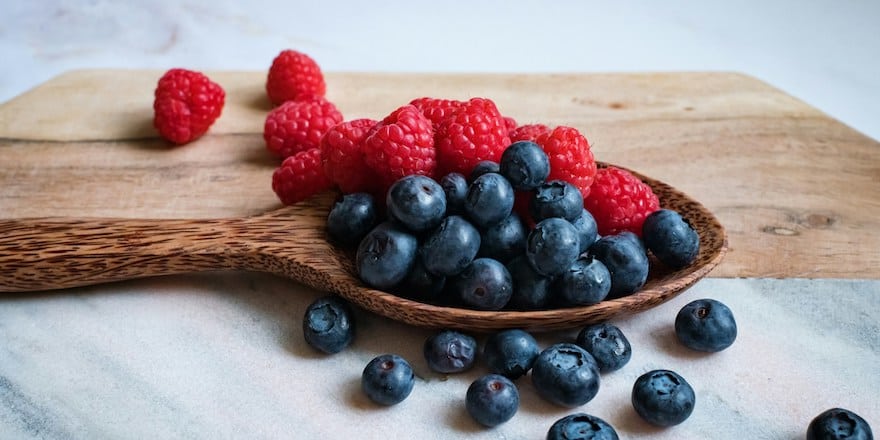
Some scientific studies have shown that the consumption of berries, such as raspberries, strawberries, cranberries, blueberries, or elderberry could improve the effect of one of the antibiotics in the treatment against Helicobacter pylori, clarithromycin.
It would be the presence of anthocyanins, antioxidants, that could make the bacterium more sensitive to the drug by preventing its adhesion to the mucosal walls.
A berry already known for its effectiveness against urinary tract infections, a 2022 meta-analysis highlights the effects of cranberry juice on the eradication of Helicobacter pylori. According to the 4 studies and the 1,935 individuals included, its consumption would increase the chances of eradicating H. pylori by 1.27 times. However, the results are not statistically significant.
I therefore think that further research should be conducted before asserting the power of berries to eliminate the bacterium.
3. Olive oil
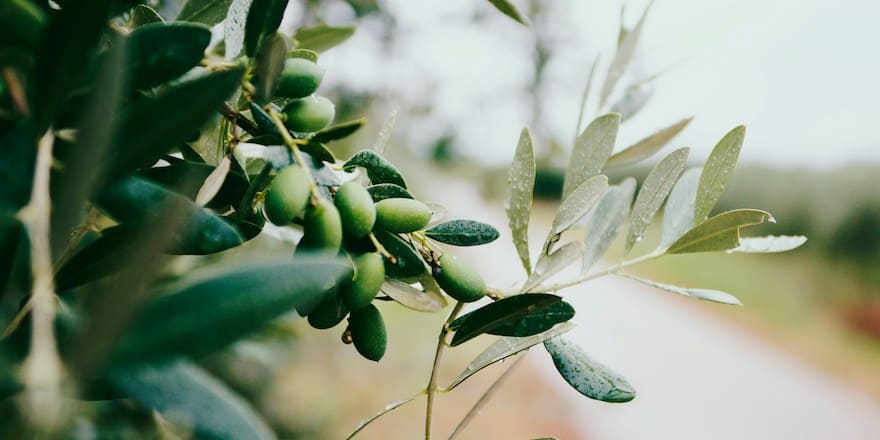
Olive oil is often considered a secondary natural remedy against the onset and spread of the bacterium. According to this study conducted in vitro, the phenolic antioxidants contained in olive oil are thought to have antibacterial properties and to facilitate the eradication of H. pylori.
I also noted this other study from 2022 that observed a reduction in stomach lesions in infected mice that consumed olive oil.
However, future studies in humans should be undertaken to establish the mechanism of action. And to provide an additional level of evidence.
4. Broccoli
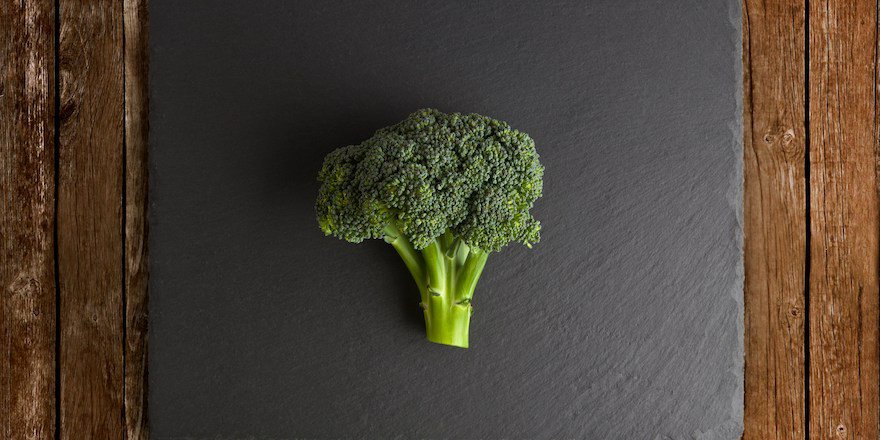
Broccoli, like other cruciferous vegetables, contains a compound known for its antibacterial properties: sulforaphane. It is precisely this molecule that has interested researchers.
A study from 2022 carried out on 110 subjects furthermore concluded that after two months of taking an aqueous broccoli extract, the risk of gastric mucosal lesions in infected individuals decreased, and that broccoli could be a potential additional aid.
However, I also found a study with results that contradict the previous study. According to the scientists, taking broccoli alongside an antibiotic treatment based on clarithromycin did not reduce side effects. Nor did it eradicate the bacterium.
5. Black cumin
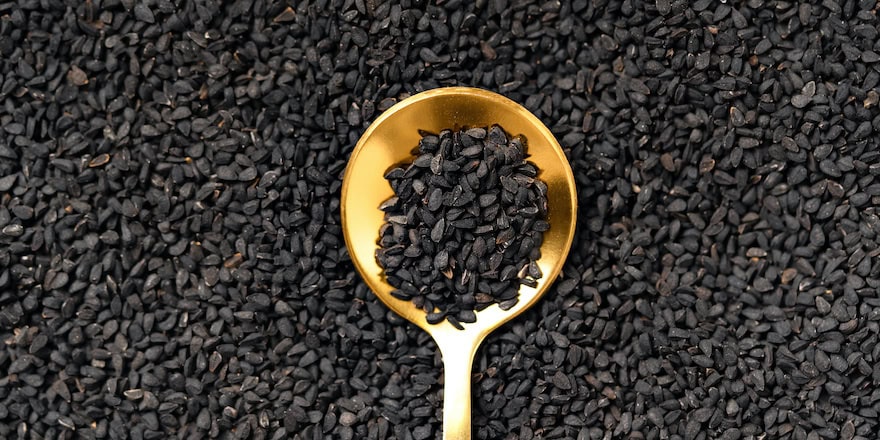
Black cumin may also be beneficial for patients infected with Helicobacter pylori. In any case, that is the conclusion of this pilot study conducted on 51 patients.
Supplementation with N. sativa, alongside medical treatment, would produce positive results on the eradication of H. pylori, weight, BMI, and dietary intake and the quality of life of infected patients.
A line of inquiry that seems promising to me. But it requires a better understanding of the mechanism of action and larger-scale studies.
6. Propolis
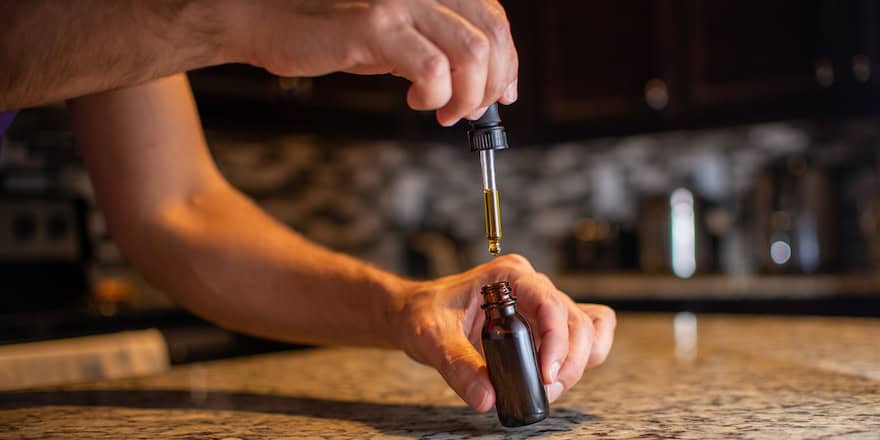
Propolis is a resinous substance known for its many benefits for the body. Among them is its ability to fight Helicobacter pylori.
How? It could limit the spread of the bacteria, according to certain in vitro studies.
Another study conducted on mice showed that propolis intake restricted the production of pro-inflammatory cytokines in infected animals, as well as certain virulence factors of the bacteria.
A promising avenue that calls for further studies.
Which foods should be avoided to fight Helicobacter pylori?
Some foods could well be your enemies in the case of an Helicobacter pylori infection. In this situation, I advise you against consuming them in excess:
- sodium, which can promote bacterial growth
- sugar
- animal fats, which can worsen inflammation of the gastric mucosa
- spices
- tea and coffee, irritating to the mucosa
- chocolate
- alcohol
- carbonated beverages
Sources and scientific studies
- Nikbazm R, Rahimi Z, Moradi Y, Alipour M, 2022, The effect of cranberry supplementation on Helicobacter pylori eradication in H. pylori-positive subjects: a systematic review and meta-analysis of randomized controlled trials.
- Romero C, Medina E, Vargas J, 2007, In vitro activity of olive oil polyphenols against Helicobacter pylori
- Arismendi Sosa AC, Mariani ML, 2022.Extra virgin olive oil inhibits Helicobacter pylori growth in vitro and the development of gastric mucosal lesions in mice in vivo.
- Guo K, Wang L, Mahe J, Li L, Jiao S, 2022, Effect of aqueous extract of broccoli seed on inflammatory cytokines and Helicobacter pylori infection: a randomized, double-blind, controlled trial in patients without atrophic gastritis.
- Chang YW, Park YM, Oh CH, 2020, Effects of probiotics or broccoli supplementation on Helicobacter pylori eradication with standard clarithromycin-based triple therapy.
- Alizadeh-Naini M, Yousefnejad H, Hejazi N, 2020, The beneficial health effects of Nigella sativa on Helicobacter pylori eradication, dyspepsia symptoms, and quality of life in infected patients: A pilot study.
- Bai X, Zhu M, He Y, Wang T, Tian D, Shu J, 2022, The impacts of probiotics on eradication therapy of Helicobacter pylori.
- Governa P, Romagnoli G, Albanese P, Rossi F, Manetti F, Biagi M, 2023, Effect of in vitro simulated digestion on the anti-Helicobacter Pylori activity of different Propolis extracts.
- Song MY, Lee DY, Han YM, Kim EH, 2022, Anti-Inflammatory Effect of Korean Propolis on Helicobacter pylori-Infected Gastric Mucosal Injury Mice Model.



